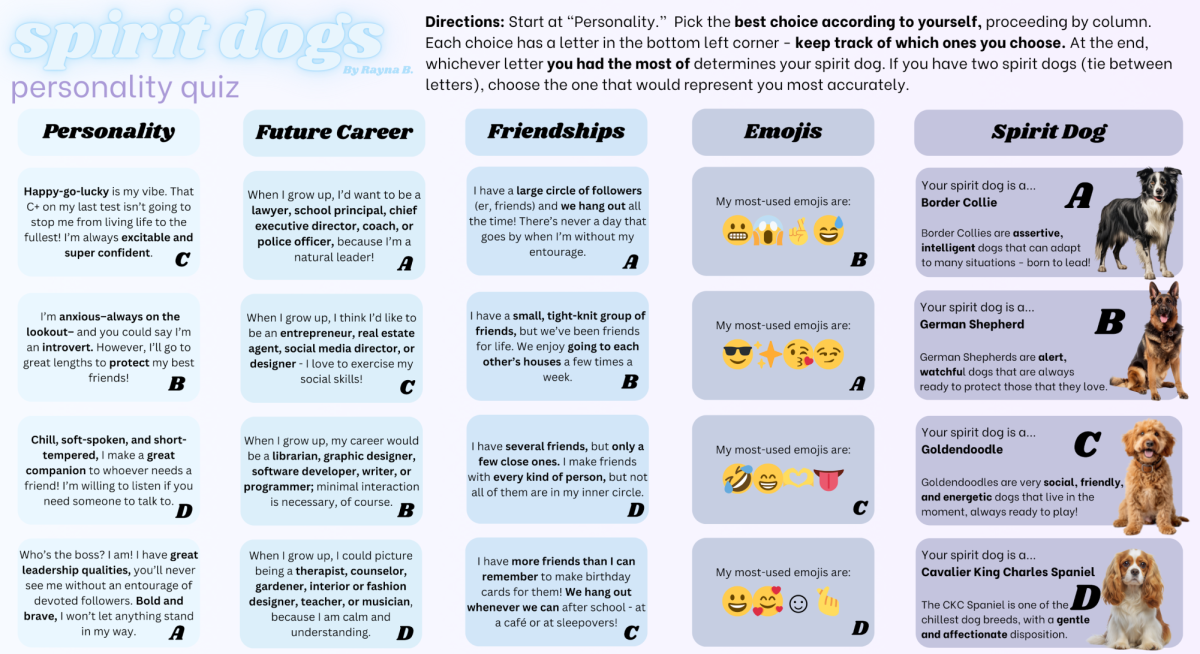The first steps towards becoming a creative writer can feel like the longest and most grueling part of the journey. It’s easy to assume you’re just not cut out for it – I know that because I’ve been there too. Often this is the point in the journey where most young authors give up. But believe it or not, writing doesn’t have to be overwhelming. You don’t need to spend hours chasing the perfect words or create something you’re proud of. Creative writing should be something you do because you enjoy it, not because you have to. With that in mind, here are some tips I’ve picked up in the past few years for beginner writers to help get you started.
1. Don’t dump information out in the first few chapters
It might feel like the easy way out for worldbuilding and conveying information to the reader, but what it actually does is overwhelm the reader with extra information about your world that they will probably forget later. You don’t want your readers going like “Wait, how does this work again?” during an important moment in the book. Instead, try spreading out information, revealing these details only when they are absolutely necessary for something to make sense. Additionally, try revealing information when it’s simultaneously being revealed to the main character. This way, your story doesn’t become an awkward back-and-forth where the reader knows something that the protagonist doesn’t (or vice versa).
2. Don’t make your side characters exist just to fill roles
Believe it or not, side characters are human too! They have their own personalities, flaws, and goals. The worst thing you can do to them is make them blank slates that are only there to fulfill roles for your main character. For example, don’t make a character that is only a love interest, add more! Ask yourself, who is this character? What do they want? What are their flaws and goals? The more compelling characters you have, the more compelling your story will be.
3. Give your protagonist a drive
I know how tempting it is to write a bunch of cool action scenes. Without anything to support it or any deeper meaning, however, the story will ultimately fall flat. Why read a story that has a bunch of exciting action scenes, if, in the end, they’re all for nothing? These scenes need to matter. They need to have an emotional undertone. They need to mean something to your main character. If these moments don’t impact their growth or inner conflict, they’ll end up feeling like a waste of time to the reader. Give your story emotion and meaning by exploring your character’s drive and struggles – that’s how you make your story matter.
4. Avoid certain words
There are certain words in the English language and are just so practical, and they’re extremely easy to accidentally slip into your writing. But these words are also unprofessional, and they’ll make your writing dull. There are a lot of words like this. Some of the most used filler words are: just, then, somehow, is/was, and many many more. Of course, some of these words have to be used, otherwise your writing doesn’t make sense. But most of the time they don’t. On the contrary, these words shouldn’t be excluded from dialogue, because people don’t exclude those words when they’re talking. There’s so much to talk about on this point that I can’t all do in this article, so feel free to learn more yourself about what words you should avoid using in your writing!
5. Use a clear story structure
Many writers don’t use these because they feel caged in by them. They feel that they have to follow the exact outline and can’t be creative with their writing and have fun. Even I didn’t use one at first. But once I started, BOY was it so much easier! Story structures should help you format your story, it should be a reference point to start from. By using one, your story will be more structured and flow better. And it’ll be much easier to write compelling details and dialogue when you already have the plot figured out. It might seem daunting and unnecessary at first. But trust me, you’ll be glad you used it. So learn how to format a story structure and make your life easier!
6. SHOW don’t TELL
It’s a lot easier to tell, but it makes your writing dull and repetitive. It’s a lot more engaging to SHOW your reader what is happening instead of straight up TELLING them. It makes descriptions more meaningful and it helps the reader understand more on an emotional level of what’s happening. You can use similes and metaphors to help you, or what the character is experiencing through their mindset. Either way, this will make the story more impactful to the reader.
7. Make sure your Main Character has a fatal flaw
Sometimes you want to make your main character the most incredible and perfect character. But let’s face it, that’s extremely boring. Why read a story with a main character that stays the same the entire time? What’s even the point of the story? You need to make your character have a flaw, a misbelief that drives them away from happiness. That way your character can go on an emotional journey and become a better person in the end. It’s much more interesting and engaging for your character to develop and struggle, rather than be perfect the whole time – that’s just a fact.
8. Have fun!
You want to make your writing sound good, but it shouldn’t feel like a hassle. Remember that this is your story, and it’s perfect in its own way. Everyone has different writing styles, and you shouldn’t change yours in an attempt to mirror others. Writing should be your passion, and it should be fun! Don’t take the fun away by stressing out about how it sounds, no matter what.
And there you have it. Of course, there are many more tips and tricks out there, but I feel that these are some of the most important to know. Every story varies of course, and these tips might not seem necessary for you – and that’s perfectly fine. However, from my experience, they can be quite beneficial. So I encourage you to try them out, even if you don’t think you need to. Who knows, it might change how you write and how you think about writing altogether!






Mary Bailey • Jan 27, 2025 at 4:55 pm
Love this!